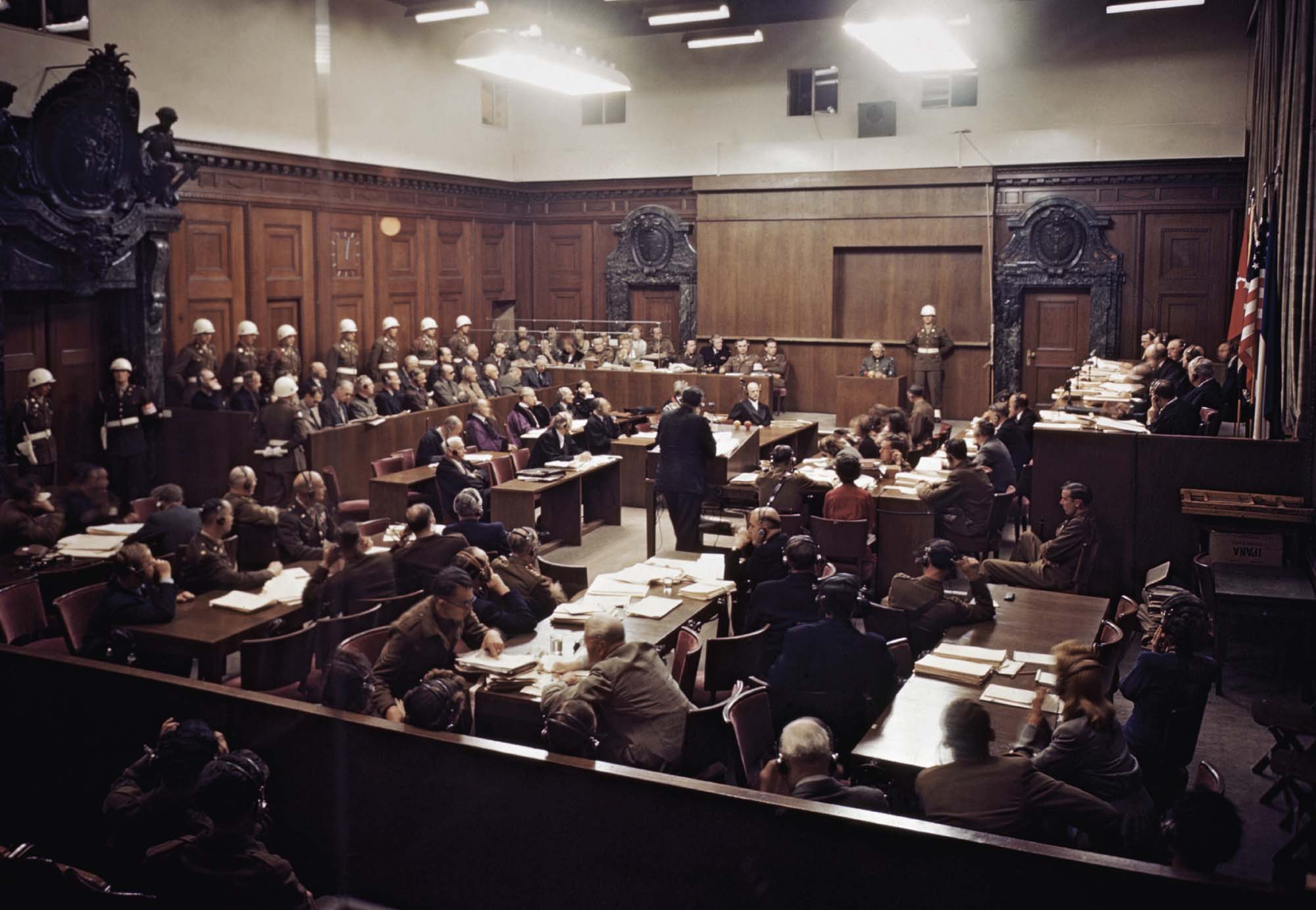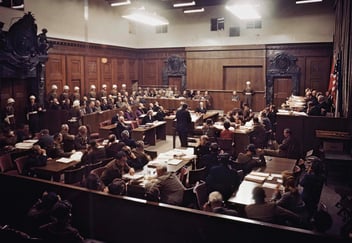The courtroom was abuzz with anticipation. Ahmad stood at the center of a case that had long transcended the walls of legal procedure. It was a battle for truth against the sprawling shadow of a movement that promised to reshape humanity's destiny. This movement, draped in lofty ideals and laced with promises of equity and sustainability, bore a name that sent ripples of debate across the globe—the Great Reset.
As Ahmad rose to address the court, the atmosphere shifted. His words carried the weight of someone who was not merely recounting facts but calling for an awakening. “The Great Reset,” he began, “is no reset at all. It is a reconfiguration—a reordering of power under the guise of benevolence. It claims to empower, yet it seeks to enslave. It offers solutions while deepening the very crises it professes to solve.”
The Philosophy of the Reset
The Great Reset, a term popularized by the World Economic Forum, envisions a future where capitalism evolves to prioritize societal and environmental well-being over mere profit. It calls for collaboration between governments, corporations, and civil society to tackle global challenges. On its face, it is a noble endeavor, a call to address systemic inequalities and environmental degradation.
But Ahmad warned that beneath its noble rhetoric lay a dangerous undercurrent. “The Great Reset,” he argued, “does not seek to address the root causes of our crises but to capitalize on them. It reframes systemic issues as opportunities for centralized control.”
He cited the writings and speeches of its architects, who spoke of a future where traditional notions of ownership were replaced by access. A future where data was the new currency, and the digital economy governed the rhythms of life. For Ahmad, this was not a vision of progress but a recipe for subjugation.
The Pillars of Control
Ahmad proceeded to dissect the mechanisms by which the Great Reset sought to achieve its goals. He painted a picture of a world transformed by three central pillars: digitalization, stakeholder governance, and technocracy. Each, he argued, eroded the foundations of natural law and human dignity.
First, there was the push for digitalization. Ahmad described a future where every aspect of life—from work and education to health and leisure—was mediated through digital platforms. “This is not empowerment,” he said. “It is surveillance. It is the transformation of human beings into data points, their lives reduced to algorithms.”
Then came stakeholder governance, a system where corporations and international organizations played a central role in shaping policies. Ahmad warned of the dangers of such a model, where unelected entities wielded power over democratic institutions. “When governance becomes the domain of the privileged few,” he said, “the voices of the many are silenced.”
Finally, there was technocracy—a vision of society where decisions were made by experts rather than elected representatives. Ahmad argued that while expertise was valuable, it could not replace the principles of accountability and consent. “Technocracy,” he said, “is the death of democracy. It replaces debate with directives, justice with efficiency.”
A Crisis Exploited
Ahmad’s case was rooted in the claim that the Great Reset exploited global crises to advance its agenda. He pointed to the COVID-19 pandemic as a turning point—a moment when fear and uncertainty were weaponized to justify sweeping changes.
“The pandemic,” Ahmad said, “was not just a health crisis. It was a psychological assault. It taught us to accept restrictions on our freedoms, to trust in centralized solutions, and to embrace technologies of control. It was the perfect storm for the Great Reset.”
He described how policies introduced during the pandemic—such as digital health passports, lockdowns, and contact tracing—were being repurposed for broader applications. “These tools,” he warned, “are not being dismantled. They are being institutionalized.”
Ownership Redefined
Central to Ahmad’s critique was the idea of ownership. The Great Reset envisioned a world where individuals owned less but had access to more. “You will own nothing and be happy,” proclaimed one of its most infamous slogans. But Ahmad questioned the happiness such a system could bring.
“Ownership,” he argued, “is not just a matter of material possessions. It is about autonomy. It is about the ability to shape your own destiny, to have a stake in the world around you. When we trade ownership for access, we trade freedom for dependence.”
He described how this philosophy was being implemented through policies that encouraged the sharing economy, the digitization of assets, and the commodification of personal data. While these changes were marketed as progress, Ahmad saw them as a path to servitude.
A Call to Resistance
As Ahmad concluded his argument, he turned to the broader implications of the Great Reset. He spoke of a world at a crossroads, where humanity must choose between the allure of convenience and the demands of freedom.
“The Great Reset,” he said, “is not an inevitable future. It is a choice—a choice that we must reject if we are to preserve the essence of what it means to be human. We must resist the temptation to surrender our sovereignty for the illusion of security.”
He called on the court—and on all who listened—to recognize the stakes of this moment. “This is not just a legal battle,” he said. “It is a philosophical reckoning. It is a question of whether we will remain stewards of our own destiny or cede that role to a machine-driven world.”
The Vision of an Alternative
In his final words, Ahmad offered a vision of an alternative future—one grounded in the principles of natural law, fitrah, and justice. He spoke of a world where technology served humanity rather than controlled it, where governance was rooted in accountability, and where ownership was a means of empowerment rather than exclusion.
“This is the world we must build,” he said, his voice resolute. “A world that honors the dignity of every soul, that cherishes the balance of creation, and that upholds the sacred trust of freedom.”
With that, Ahmad rested his case for the day. But the battle was far from over. The Great Reset loomed large, its influence pervasive and its promises seductive. Yet, in Ahmad’s words and actions, there was hope—a reminder that even in the face of great challenges, humanity retained the power to choose its path. The next chapter of this struggle was yet to be written.
17. The Great Reset – Redefining the Future or Stealing It?

Search
Category
Popular Post
Subscribe
Similar Blogs

6. The Great Reset and the Redefinition of Justice
It is not often that humanity finds itself staring into the abyss, but the Great Reset was no...

15. The Fourth Industrial Revolution – Progress or Subjugation?
In the High Court of Malaya, Ahmad stood unflinching, a lone figure against the tide of global...

36. The Great Reset – Redefining Society at the Expense of Humanity
The courtroom in Sungai Petani was alive with anticipation. This was not a battle over mundane...


